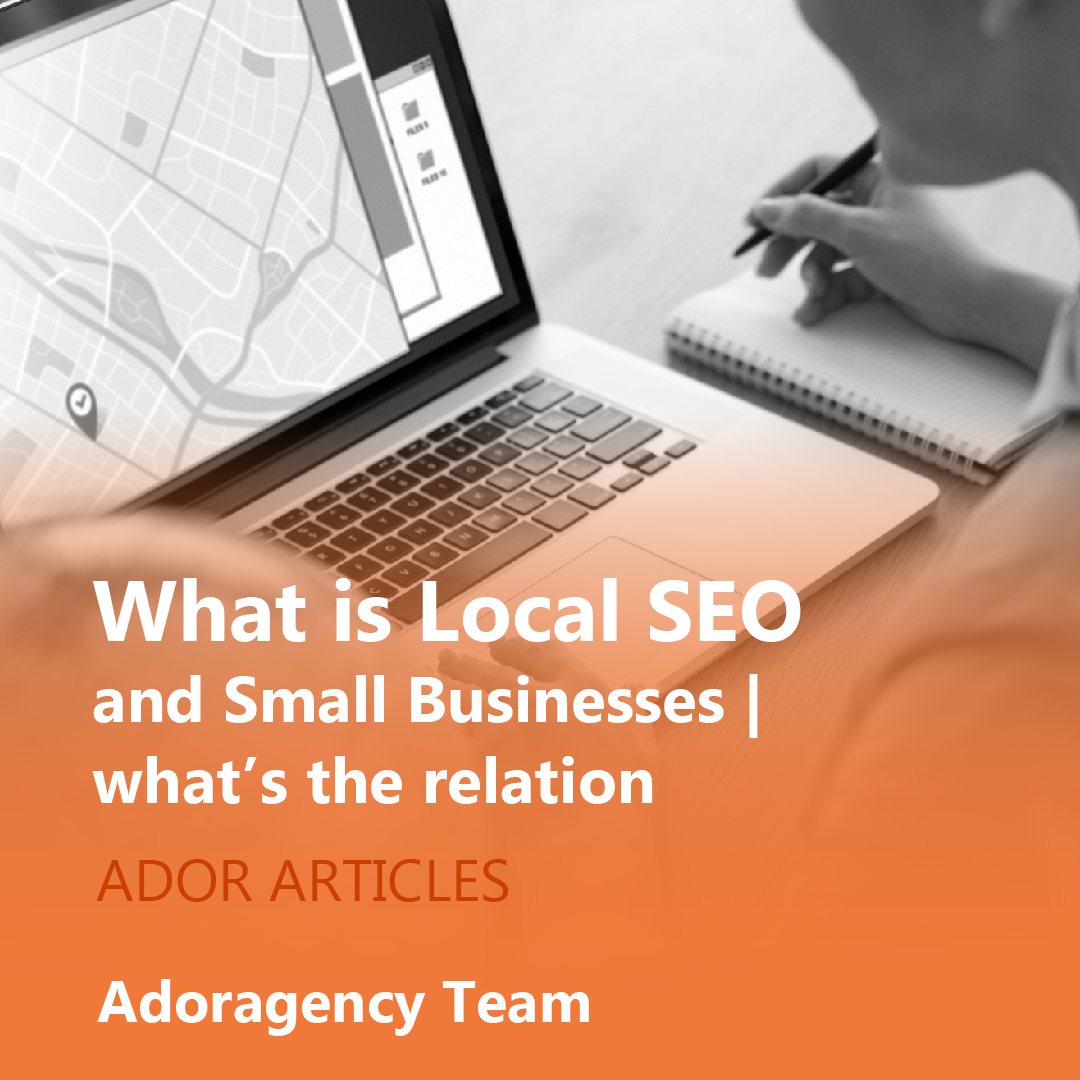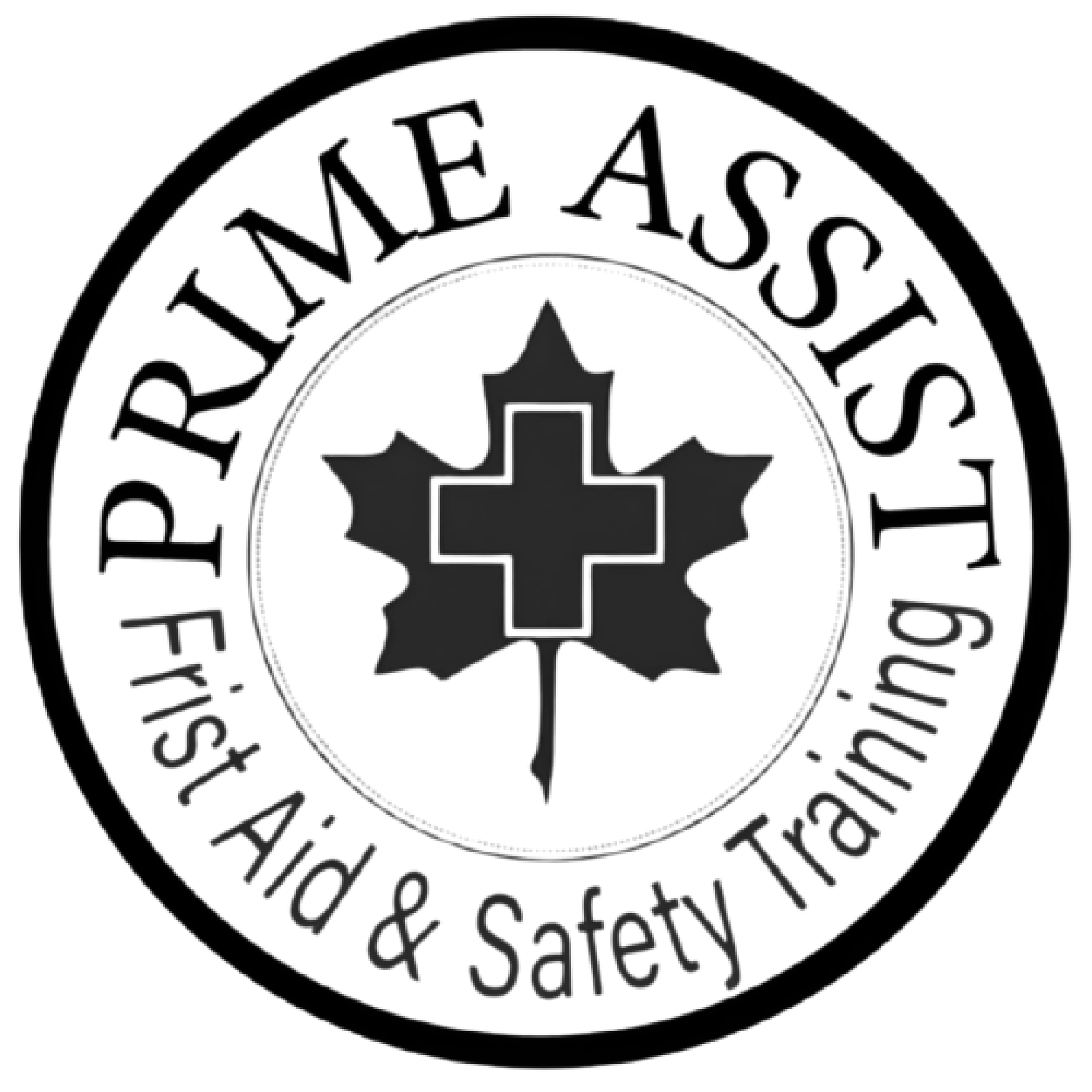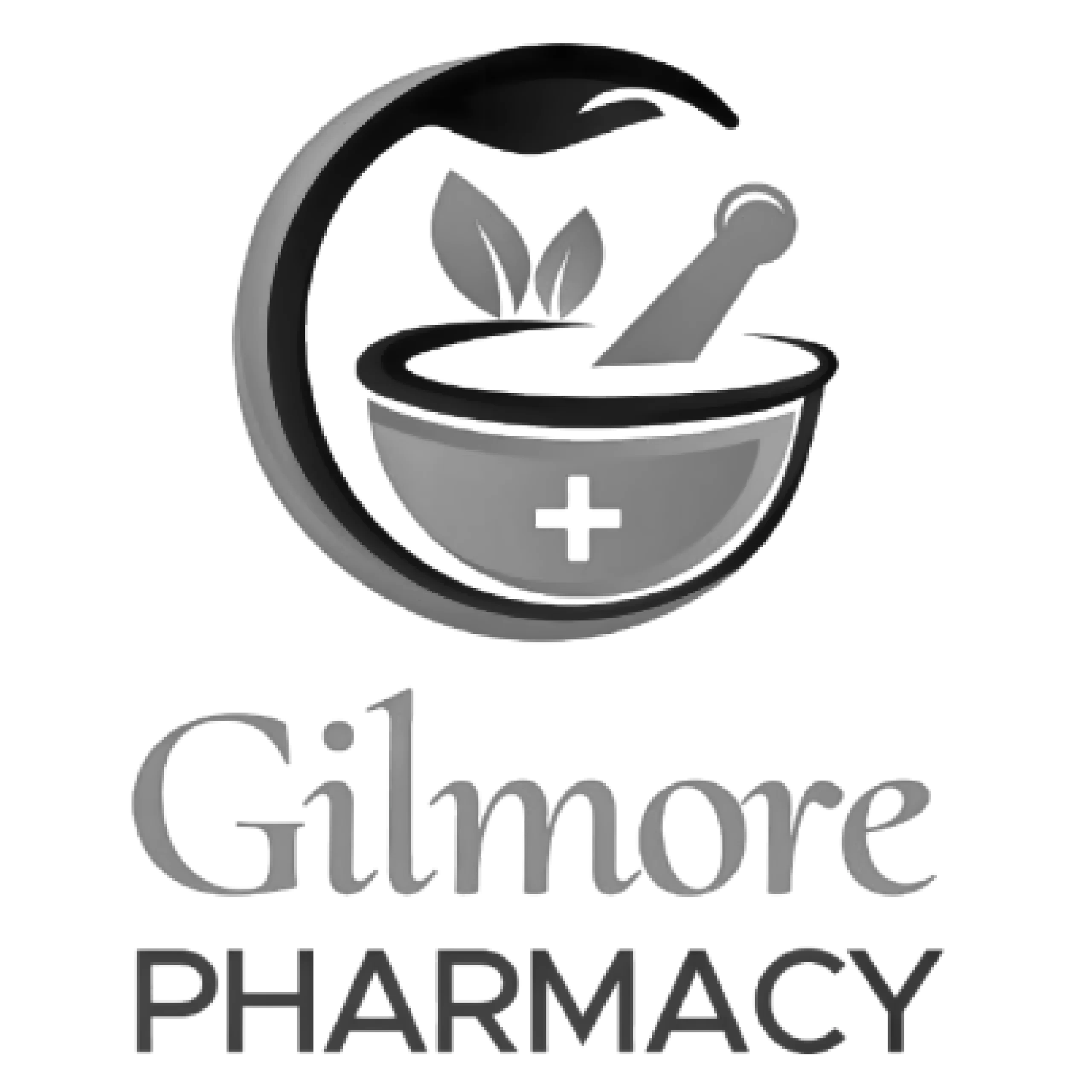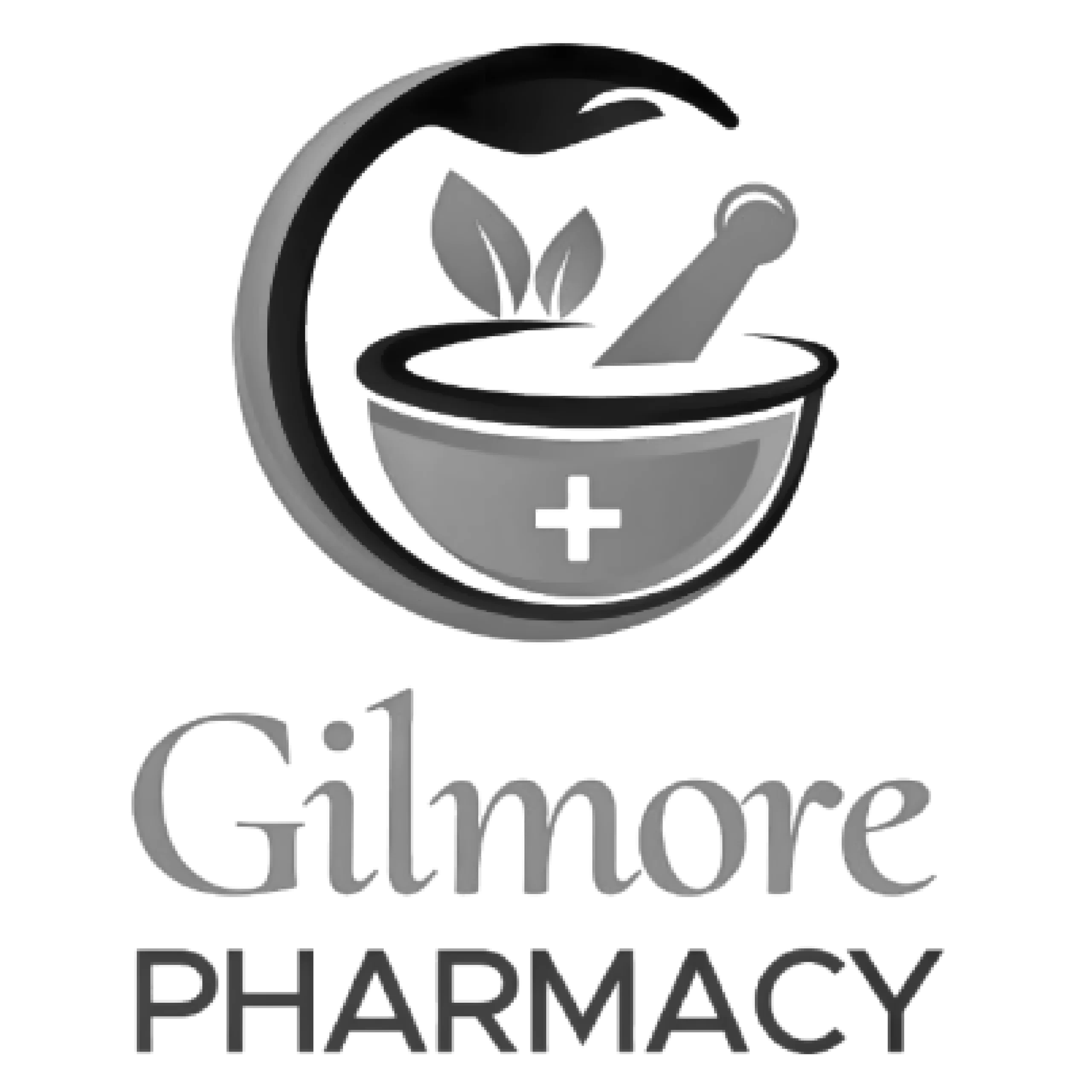Introduction
Local SEO (Search Engine Optimization) is a digital marketing strategy designed to help small businesses improve their visibility in local search results. When people search for services or products “near me” or in a specific city, search engines prioritize local results, which often include a mix of Google Maps listings and organic results. For small businesses, this means a unique opportunity to stand out and connect with customers in their immediate area without competing directly against larger, global brands.
By optimizing for local SEO, small businesses can attract more relevant, local traffic. Key tactics include setting up and optimizing a Google Business Profile, using localized keywords, collecting online reviews, and building local backlinks. Local SEO is particularly valuable for small businesses because it can boost foot traffic, improve brand visibility, and drive sales without the need for large marketing budgets.

What Is Local SEO?
Local SEO refers to the practice of optimizing your online presence to attract more visibility and traffic from local searches. This is particularly important for businesses that serve customers within a specific geographic area, such as a city, town, or region.
The key goals of local SEO include:
- Improving Visibility in Local Search Results: When people search for products or services in their local area, local SEO helps ensure your business appears prominently in the search engine results pages (SERPs). This could include rankings in the local “3-pack” or map listings, as well as traditional organic search results.
- Driving More Foot Traffic: Effective local SEO can help drive more qualified leads and customers to your physical business location. This is crucial for brick-and-mortar stores, restaurants, service providers, and other local enterprises.
- Enhancing Online-to-Offline Conversions: By making it easy for nearby customers to find, visit, and engage with your business, local SEO can significantly boost your conversion rates and in-person sales.
Why is Local SEO Important for Small Businesses?
1. Increased Visibility
Local SEO helps small businesses appear more prominently in search results for queries related to their local area. This increased visibility makes it easier for nearby customers to find and engage with the business.
2. Improved Credibility
When a small business has a strong local SEO presence, it signals to potential customers that the business is established, reputable, and invested in connecting with its community. This can greatly improve the business’s credibility.
3. Cost-Effective
Compared to other marketing tactics, local SEO is a relatively inexpensive way for small businesses to reach their target audience. Many local SEO strategies, like optimizing Google My Business and building citations, have a high return on investment.

4. Mobile Searches
With the rise of mobile device usage, more and more people are searching for local businesses on the go. Local SEO ensures small companies are easily found and accessed by these mobile searchers.
5. Competitive Edge
Implementing an effective local SEO strategy can give small businesses a significant competitive advantage over local rivals that have not invested in their online presence and discoverability.
What Is Local SEO Marketing?
Local SEO Marketing refers to the practice of optimizing a business’s online presence to improve its visibility and ranking in local search results. The primary goal is to make it easier for people searching for products or services in a specific geographic area to find and engage with the business.
The key capabilities of local SEO marketing include:
- Improving Local Search Visibility: Local SEO strategies help ensure a business appears prominently in location-based search results, such as the Google Maps “3-pack” and other local listings. This increases the chances of the business being discovered by nearby customers.
- Driving Foot Traffic: Effective local SEO can generate more qualified leads and direct customers to a business’s physical location. This is crucial for brick-and-mortar stores, restaurants, service providers and other businesses that rely on in-person interactions.
- Boosting Online-to-Offline Conversions: By making it easier for local customers to find, visit and engage with a business, local SEO can significantly improve the business’s conversion rates and in-person sales.
- Building Local Credibility: A strong local SEO presence signals to potential customers that a business is established, reputable and invested in serving its local community. This can greatly enhance the business’s credibility.
Local SEO vs Small Business SEO: What’s the Difference?
The main difference between local SEO and small business SEO lies in their focus and targeted approach:
Local SEO:
- Focuses on optimizing a business’s online presence to improve visibility and rankings in local search results, targeting customers within a specific geographic area.
- Key tactics include Google My Business optimization, citation building, location-based content, and review management.
- The goal is to attract customers searching for products/services in the business’s local market, driving foot traffic and online-to-offline conversions.
Small Business SEO:
- Encompasses a broader approach to SEO for small companies, without a specific geographic focus.
- Aims to improve overall online visibility, rankings, and organic traffic through general search engine optimization.
- Tactics may include keyword research, on-page optimization, technical SEO, content marketing, and link building.
- The goal is to reach a wider audience of potential customers, regardless of location.
In summary:
- Local SEO is tailored to a business’s specific local market and physical location.
- Small business SEO takes a more generalized, nationwide approach to improving a small company’s overall online presence and search engine performance.
Many small businesses will benefit from implementing both local SEO and small business SEO strategies, as they complement each other. Local SEO helps attract nearby customers, while small business SEO expands the brand’s reach and visibility across broader search queries.

What are the Benefits of Local SEO for Small Businesses?
1. Increase Brand Awareness in Your Local Community
Local SEO helps small businesses establish a stronger online presence within their geographic market. By optimizing for location-specific keywords and appearing in local search results, small businesses can significantly increase their brand awareness and visibility among potential customers in their community. This is crucial for building name recognition and staying top-of-mind with local consumers who are more likely to become repeat customers.
2. Higher Rankings Result in Higher Conversions
When a small business ranks highly in local search results, it signals authority and trust to potential customers. Studies show that users are more likely to click on and convert from the top local search results. Effective local SEO can drive more qualified traffic to a small business’s website or physical location, leading to increased sales, lead generation, and other valuable conversions.
3. Compete Against Local Competitors
Small businesses often face stiff competition from other local players in their industry. Local SEO provides a powerful way for small companies to differentiate themselves, outrank their competitors, and capture a larger share of the local market. By optimizing for hyper-targeted, location-based keywords, small businesses can gain a competitive edge and become the go-to choice for local consumers.
4. Increase Local Brand Recognition & Trust
A strong local SEO presence helps small businesses build credibility and trust within their community. When a small business appears consistently in local search results, has accurate and consistent NAP (name, address, phone) information, and maintains positive online reviews, it demonstrates to potential customers that the business is established, reputable, and invested in serving the local area. This can significantly boost the company’s brand recognition and reputation.
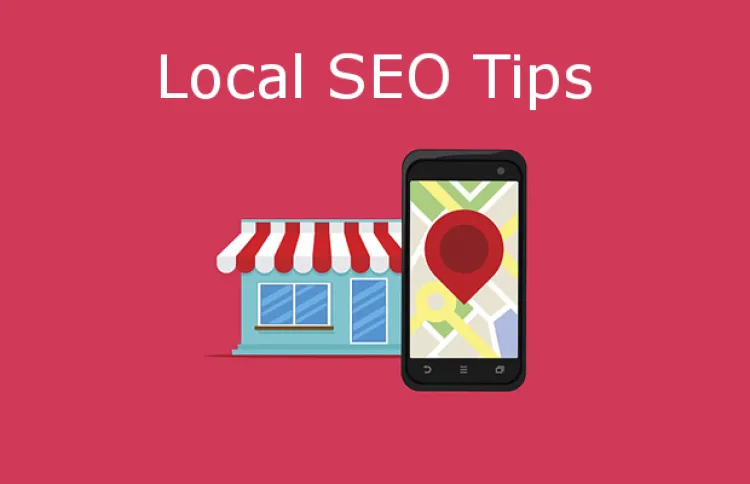
What are the Local SEO Ranking Factors?
1. On-Page Signals
On-page signals refer to the elements on a business’s website that help search engines understand the relevance and authority of the page for local searches. This includes factors like targeted local keywords in the title, headers, and content, as well as having a Google My Business link, local schema markup, and other location-specific information. Ensuring a website is optimized for local search intent and queries is crucial for improving visibility in local SERPs.
2. Local Link Building
Building high-quality backlinks from other local, relevant websites is an important local SEO ranking factor. This helps search engines understand that a business is an authoritative, trusted entity within its local community. Tactics like getting listed in local directories, earning media mentions, and collaborating with complementary local businesses can all contribute to a stronger local link profile.
3. Behavior Signals
User behavior metrics like click-through rate, bounce rate, and dwell time can influence a business’s local search rankings. If users frequently click on and engage with a local business’s listing in search results, it signals to search engines that the business is highly relevant and useful for local queries. Providing a positive user experience on a website and in the physical location is key to generating favorable behavior signals.
8 Strategies to Implement Local SEO for Small Businesses
1. Make the Website Responsive and Mobile-Friendly
In today’s digital age, a significant portion of searches are conducted on mobile devices. Google prioritizes mobile-friendly websites in local search results. A responsive website ensures a seamless user experience across all devices, from smartphones to desktops.
Why it’s crucial for local SEO:
- Improved User Experience: Mobile-friendly websites load faster, are easier to navigate, and provide a better user experience. This can lead to higher engagement and longer session durations.
- Higher Search Engine Rankings: Google’s mobile-first indexing means that the mobile version of your website is the primary version used for indexing and ranking. A well-optimized mobile site can boost your local search rankings.
- Increased Local Visibility: Mobile searches often have local intent. By optimizing your website for mobile, you increase your chances of appearing in local search results, such as Google Maps and local packs.
Make your website mobile-friendly:
- Use Responsive Design: This technique allows your website to automatically adjust to different screen sizes.
- Test Mobile Performance: Use Google’s Mobile-Friendly Test tool to identify and fix any issues.
- Optimize Images: Compress images to reduce load times on mobile devices.
- Simplify Navigation: Make sure your website’s navigation is easy to use on smaller screens.
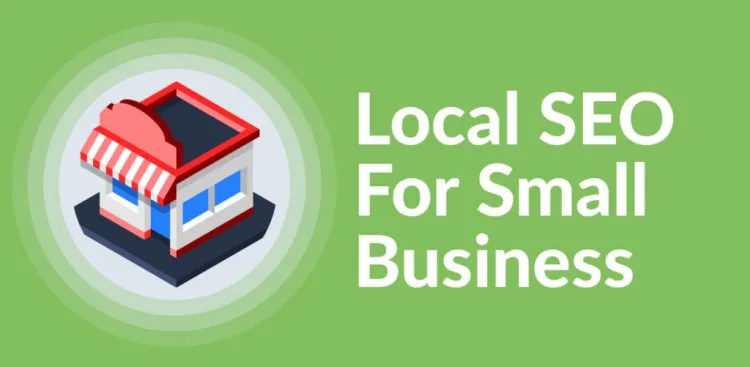
2. Identify Target Location-Based Keywords
To effectively reach your local audience, you need to understand the specific keywords they are using to search for businesses like yours. Location-based keywords are essential for targeting local customers and improving your local search engine rankings.
Why location-based keywords matter:
- Increased Local Visibility: Incorporating location-based keywords into your website content and SEO strategy can help you rank higher in local search results.
- Targeted Traffic: Attracting local customers who are actively searching for your services in your specific area.
- Enhanced Brand Awareness: Building a strong local brand presence by associating your business with relevant geographic terms.
Identify target location-based keywords:
- Brainstorm: Start by brainstorming relevant keywords related to your business and the specific locations you serve.
- Use Keyword Research Tools: Utilize tools like Google Keyword Planner, SEMrush, or Ahrefs to identify high-volume, low-competition keywords.
- Analyze Local Competitors: See what keywords your local competitors are ranking for.
- Consider Long-Tail Keywords: Long-tail keywords, which are more specific and often have lower competition, can be effective for targeting niche audiences.
3. Optimize Meta Titles and Descriptions for Local Keywords
Meta titles and descriptions are crucial HTML elements that appear in search engine results. Optimizing these elements with relevant location-based keywords can significantly improve your local search visibility.
Why it matters:
- Improved Click-Through Rates (CTRs): Compelling meta titles and descriptions entice users to click on your search result.
- Enhanced Local Search Rankings: Search engines use meta information to understand the content of your page and its relevance to local search queries.
- Better User Experience: Clear and concise meta information helps users quickly identify whether your website is relevant to their search.
Optimize meta titles and descriptions:
- Include Location-Based Keywords: Incorporate your target location (city, neighborhood, or region) into your meta titles and descriptions.
- Keep it Concise: Meta titles should be around 50-60 characters, and meta descriptions should be around 150-160 characters.
- Use Strong Calls to Action: Encourage clicks with compelling language, such as “Best [Service] in [Location]” or “Find Us Near You.”
- Write Unique Meta Tags for Each Page: Tailor your meta information to the specific content of each page.
4. Create Pages Targeting Local Keywords
Creating dedicated pages on your website that target specific location-based keywords is a powerful strategy to boost your local search engine rankings. These pages should be optimized to attract local customers searching for your services or products.
Why it’s important:
- Improved Local Search Rankings: Dedicated pages signal to search engines that your business is relevant to specific locations.
- Enhanced User Experience: Tailored content provides a better experience for local users, increasing engagement and conversions.
- Increased Local Visibility: By creating pages for different locations or neighborhoods, you can expand your online presence and attract a wider audience.
Create location-targeted pages:
- Identify Target Locations: Determine the specific locations you want to target, such as cities, neighborhoods, or regions.
- Create Unique Content: Write high-quality content for each page, incorporating relevant location-based keywords and local information.
- Optimize Page Titles and Meta Descriptions: Use location-specific keywords in your page titles and meta descriptions to improve click-through rates.
- Utilize Local Schema Markup: Implement schema markup to provide search engines with additional information about your business, such as address, phone number, and opening hours.
- Build Local Backlinks: Acquire backlinks from local websites, such as local directories, news outlets, and community forums.
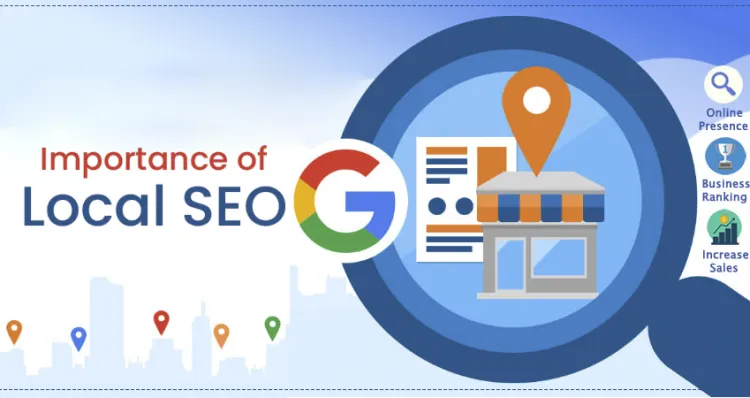
5. Create a Google Business Profile and Additional Directory Listings
A strong online presence is essential for local businesses. Creating a Google Business Profile and additional directory listings can significantly improve your local search visibility and attract more customers.
Why it’s crucial:
- Enhanced Local Search Rankings: Google Business Profiles are a major factor in local search results, and optimizing your profile can boost your rankings.
- Increased Local Visibility: Additional directory listings expand your online presence and reach a wider audience.
- Improved Customer Engagement: Customers can easily find your business information, contact you, and leave reviews.
Create a Google Business Profile and directory listings:
- Claim Your Google Business Profile: Verify your business ownership and provide accurate information, such as address, phone number, website, and business hours.
- Optimize Your Profile: Use relevant keywords in your business name, category, and description.
- Encourage Customer Reviews: Positive reviews can significantly improve your local search rankings and reputation.
- Post Regularly: Share photos, videos, and updates to keep your profile active.
- Create Additional Directory Listings: Submit your business information to popular online directories like Yelp, Bing Places, and Yellow Pages.
- Monitor and Manage Listings: Keep your listings up-to-date and respond to reviews and messages promptly.
Tips for Creating Engaging Video Content
6. Ask for Reviews from Satisfied and Happy Customers
Customer reviews are a powerful tool for boosting your local SEO and building trust with potential customers. By encouraging satisfied customers to leave reviews, you can improve your online reputation and search engine rankings.
Why customer reviews matter:
- Improved Local Search Rankings: Google’s algorithm considers reviews as a ranking factor, so positive reviews can help you rank higher in local search results.
- Increased Trust and Credibility: Positive reviews build trust with potential customers, making them more likely to choose your business.
- Enhanced Social Proof: Reviews act as social proof, showing that other people have had positive experiences with your business.
Encourage customer reviews:
- Provide Excellent Service: The foundation of positive reviews is exceptional customer service.
- Make it Easy: Provide clear instructions on how to leave a review, such as a link to your Google Business Profile or other review platforms.
- Send Personalized Requests: Send personalized email or text messages to satisfied customers asking for a review.
- Offer Incentives (Ethically): While it’s important to avoid incentivizing fake reviews, you can offer small incentives, like a discount or free product, for leaving a review.
- Respond to Reviews: Respond to both positive and negative reviews promptly and professionally.

7. Ask Local Businesses for a Backlink
Backlinks are links from other websites to yours. They are a crucial factor in local SEO, as they signal to search engines that your website is reputable and relevant. Building backlinks from local businesses can significantly boost your local search rankings.
Why local backlinks matter:
- Improved Local Search Rankings: Backlinks from local websites, especially those with high domain authority, can significantly improve your local search rankings.
- Increased Referral Traffic: Backlinks can drive referral traffic to your website, increasing your visibility and potential customer base.
- Enhanced Brand Awareness: Backlinks can help you build brand awareness and credibility within your local community.
How to get local backlinks:
- Partner with Complementary Businesses: Identify businesses that offer complementary services or products and reach out to them to propose a link exchange or guest post opportunity.
- Local Directories and Chambers of Commerce: Submit your business to local directories and chambers of commerce to get valuable backlinks.
- Local News Outlets: Pitch story ideas to local news outlets. If your story is published, you’ll get a valuable backlink.
- Community Organizations: Partner with local community organizations and volunteer for events. This can lead to backlinks from their websites.
- Local Social Media Groups: Participate in local social media groups and share valuable content. This can lead to organic backlinks and referrals.
8. Use Social Media to Enhance the SEO Campaign
Social media platforms are not only for connecting with your audience but also for boosting your local SEO. By strategically using social media, you can enhance your online visibility and attract more local customers.
Why social media is crucial for local SEO:
- Increased Brand Awareness: Sharing valuable content on social media can help you build brand awareness and reach a wider audience.
- Improved Local Search Rankings: Social signals, such as shares, likes, and comments, can indirectly influence your search engine rankings.
- Enhanced Local Engagement: Social media platforms allow you to interact with your local audience, answer questions, and build relationships.
How to use social media for local SEO:
- Create Local Social Media Profiles: Set up profiles on platforms like Facebook, Instagram, Twitter, and LinkedIn.
- Share Local Content: Post content that is relevant to your local audience, such as local events, news, and promotions.
- Use Local Hashtags: Incorporate location-based hashtags to reach a local audience.
- Encourage Social Sharing: Use eye-catching visuals, compelling calls to action, and shareable content to encourage social sharing.
- Engage with Your Local Audience: Respond to comments, messages, and reviews promptly.
- Run Local Social Media Campaigns: Create targeted social media campaigns to promote local offers and events.
- Monitor Local Social Media Trends: Stay up-to-date with local trends and news to participate in relevant conversations.
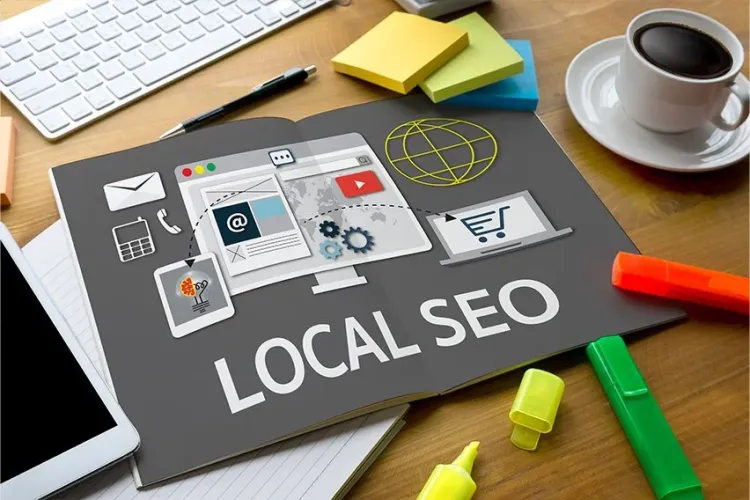
Conclusion
In conclusion, local SEO is an essential tool for small businesses looking to attract customers within their community. By optimizing for local searches, businesses can improve their visibility, build trust with local customers, and compete effectively with larger brands on a local scale. Simple actions like maintaining a Google Business Profile, gathering positive reviews, and incorporating location-specific keywords can significantly impact a small business’s online reach and, ultimately, its success. With consistent local SEO efforts, small businesses can grow their presence in the neighborhood and establish a loyal customer base.
FAQs about Local SEO and Small Businesses
1. Why is local SEO important for small businesses?
Local SEO is crucial for small businesses because it helps them increase their online visibility, drive more foot traffic, and compete more effectively against larger competitors within their geographic market. By optimizing for local search, small businesses can become more discoverable to nearby customers and build trust and credibility in their community.
2. What are the key components of a local SEO strategy?
The core components of a local SEO strategy include Google My Business optimization, citation building, on-page optimization, review management, and local link building. Together, these tactics help small businesses improve their local search rankings, reputation, and overall online presence.
3. How is local SEO different from general SEO?
The main difference is that local SEO is focused on optimizing for location-based searches and driving engagement from customers within a specific geographic area. General SEO, on the other hand, aims to improve a website’s visibility and performance in broader, non-location-specific searches.
4. What are some low-cost local SEO tactics small businesses can implement?
Some cost-effective local SEO tactics include claiming and optimizing a Google My Business listing, building consistent citations across local directories, encouraging customer reviews, and creating location-specific content. These strategies can have a high ROI for small businesses with limited marketing budgets.
5. How can small businesses measure the success of their local SEO efforts?
Key metrics to track include local search rankings, clicks and calls from Google Maps, website traffic from location-based searches, and increases in foot traffic or in-store conversions. Monitoring reviews and local citations are also important indicators of local SEO performance.
6. What are the biggest local SEO challenges for small businesses?
Common challenges include staying up-to-date with algorithm changes, competing against larger, more established local competitors, managing online reviews, and ensuring consistent business listings across numerous directories and platforms.

